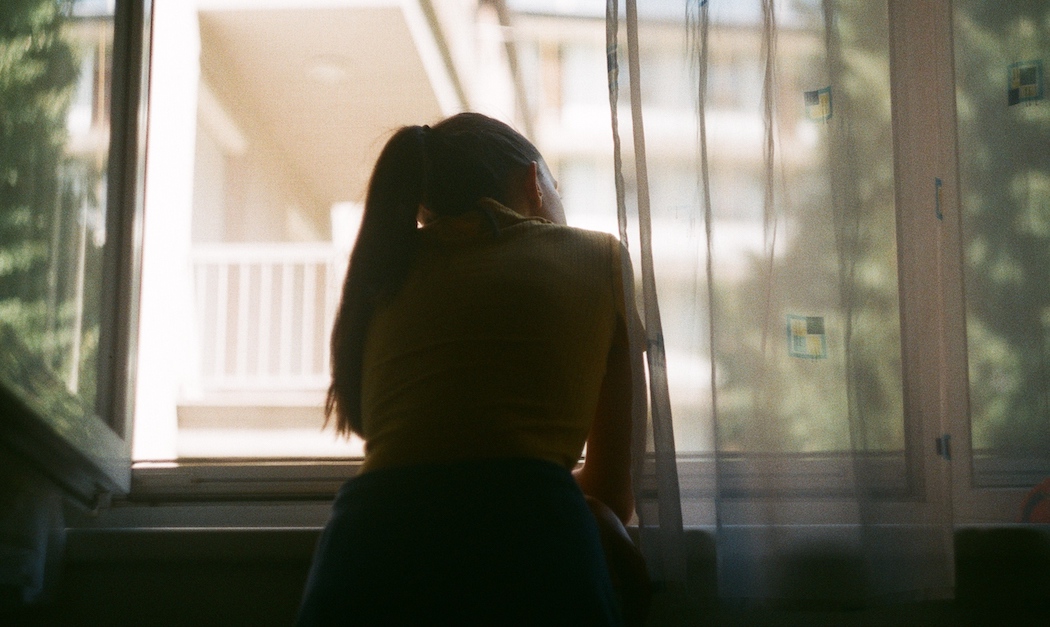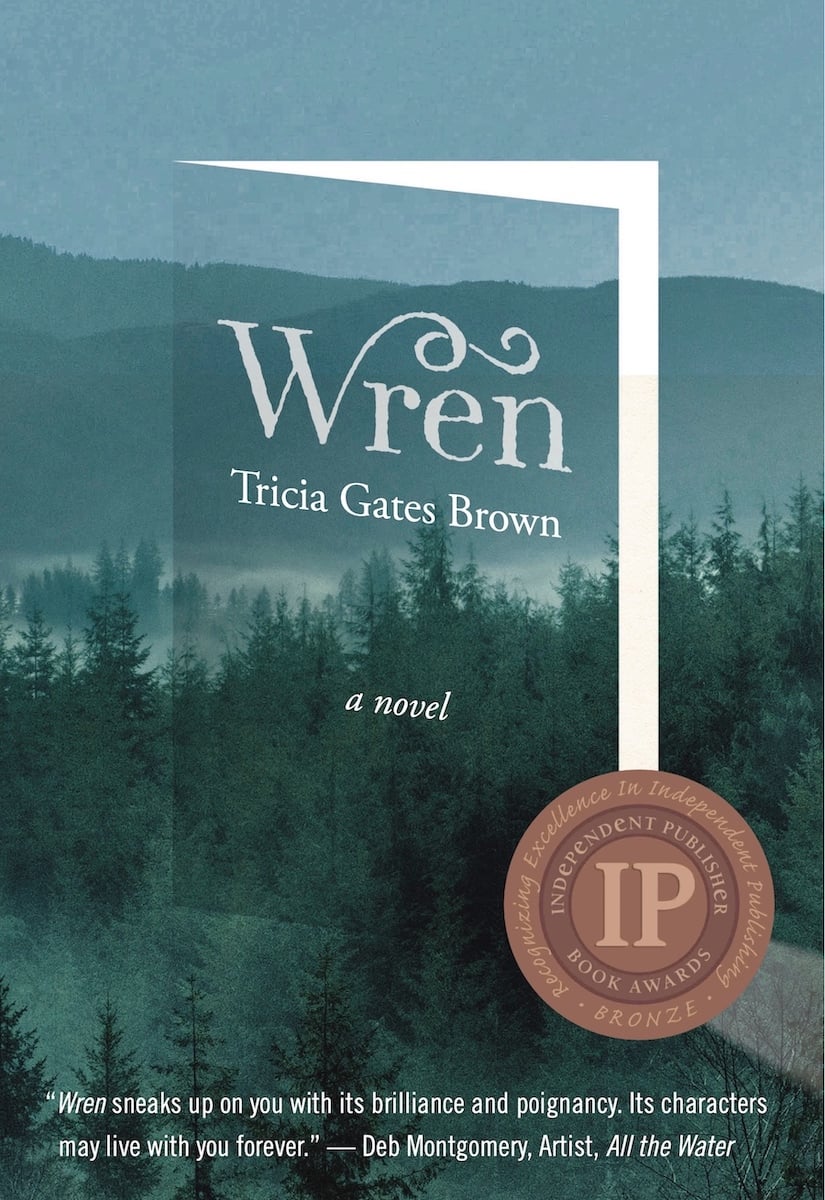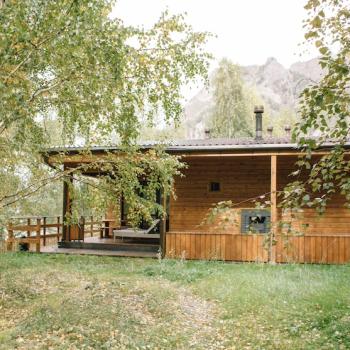{I wrote this essay about our common fragility during early days of the pandemic. The feelings it brings back! But lately I’m struck anew by our common experience of and encounter with fragility as we observe the war in Ukraine, as we watch the West change almost overnight while war is waged on behalf of democracy and national sovereignty, and as Europe-US relations evolve apace. Let us not forget ‘how fragile we are,’ how much we need each other—not only in ‘the West’ but globally. In no way are we more fragile than ecologically. We are fragile and broken as one common body needing to heal together.}
FRAGILE
In quarantine, I’m of normal mood most days; other days I tear up a lot. Part of my Plan For Wellness involves feeling my feelings. Yet some days the feelings are so knotted and complex and all-inclusive I need assistance teasing them out. Music helps. At times of past sadness, I avoided music. It carried too much emotional, evocative power. These days on the other hand, I put on a playlist of folksy-acoustic favorites and the tears flow to salubrious effect. No narrative, no story behind the tears (which story—of so many—would I tell?). Letting emotion move through and out of my body is the accomplished goal.

Every evening I take a soak in my hot tub (read: spiritual quiet place). As I find my way to feeling, the birds flit from maple to pear to red bud to magnolia: chickadee sparrow mourning dove red-winged finch junco robin. I can even scream under water when the rare need arises—without disturbing a single creature. Mostly I lean back and prop my feet on the edge, taking everything in like a prayer—the buds and blossoms, the shape of the clouds to the west and the drama of shadow and light weather creates against them. For me, this is a prayer, and more.
These days when Sting’s ‘Fragile’ plays, I find it resonantly painful, in a beautiful way, and sometimes I cry without tears. … ‘On and on the rain will fall/Like tears from a star/On and on the rain will say/How fragile we are.’
How fragile we are, brought to heel by a microscopic pestilence.
***
Like many millennials, my twenty-eight-year-old, Madison, was laid-off and moved home. She’s taken up the studio space on the farm, and for two weeks is self-isolating. At times we talk at a distance as I soak. My partner emerges from the house to bring her eggs from his hens, a clutch of daffodils, leftovers. He’s slow to catch on to isolation and she laughs at him, covering her face with the collar of her sweatshirt as she accepts the gifts.
She will come out of isolation on my 50th birthday to bake a cake and eat a celebratory dinner in the farmhouse. The party my parents and siblings planned to throw was postponed. Madison makes an excellent cake, though.
***
In February, a few weeks before the pandemic outbreak in the US I talked with my spiritual director, describing my current season as one of “hibernation.” The year preceding 2020—full of fullness and joy and new love and tragedy and loss—put me in the mood to hibernate. I was feeling apologetic about this mood. Then the pandemic arrived. Suddenly I had millions of far flung companions in hibernation. All of us fragile. All of us together and alone—all at once.
I continue my employment in isolation since I work from home (as editor). Most of my work relates to Native tribes. In a document I recently edited I read about how, when Elders of the Dena’ina tribe met those they hadn’t seen for a time, they asked, Nchugh tse gu?, which means, ‘Are you still breathing?’ Apparently, a Maori greeting (ki ora) similarly references the breath of life.
When all of this is over and we see each other again, will we ask: ‘Are you still breathing?’ Will we have a new interest in the ‘breath of life’ we share and now appreciate anew—having seen so many gasp for it literally and figuratively? Are many of us finding out—perhaps for the first time—what keeps us alive and gives us meaning? Is it not what we expected?
***
On social media I read anecdotes of artists who accomplished feats of creativity while in quarantine (did Shakespeare really write King Lear during a plague?). The cloying pressure of these anecdotes is burdensome. It tells me I should be something more than I am right now. I should complete my novel. I should craft an impressive art quilt. I should write more letters. I should; I should.… Yet I barely muster energy to call friends; mostly brief notes suffice. My goals during this pandemic are realistic: do my job, keep myself spiritually /emotionally/physically healthy, nurture relationships with partner and daughter—my isolation co-inhabitants. Acknowledging my fragility and limits, I rest a lot.
***
May we be gentle with ourselves. The more we are gentle and forgiving with ourselves, the more we will be gentle and forgiving of others. Maybe we can let go of perfectionism and the pressure to produce and succeed. These are the withdrawal effects of rabid capitalism, from which we are experiencing a cold-turkey break for a spell. Who knows whether we will get back on the drug when the moment allows? In the past few weeks, I have cancelled a trip, play and concert tickets, trips to the store, a 50th birthday party, friend visits, long-range internship plans, medical appointments, dinner out to celebrate an anniversary, and more. When isolation ends, will I rush to fill my calendar with tasks I couldn’t do while isolating? It probably depends how long the break lasts, and how long I’ve detoxed from the need to stay occupied, to perform. The longer I’m allowed to work through and beyond the pressures to succeed, or to have a ‘full and interesting life’—or the more I can get past the withdrawals, perhaps the more content I will be.
The trick is to not turn the goal of contentment into another achievement standard. I am fragile; you are fragile. No one is impervious to this pandemic or its accompanying assaults. We watch it break us in ways we never thought possible as we see loved ones lost around the world. Sometimes submitting to being less than enough, is enough; or in the language of the 12-step program, admitting we are powerless. I say this somewhat naively, as I have not done the 12-step program myself. But maybe it’s time to learn from those who have.














